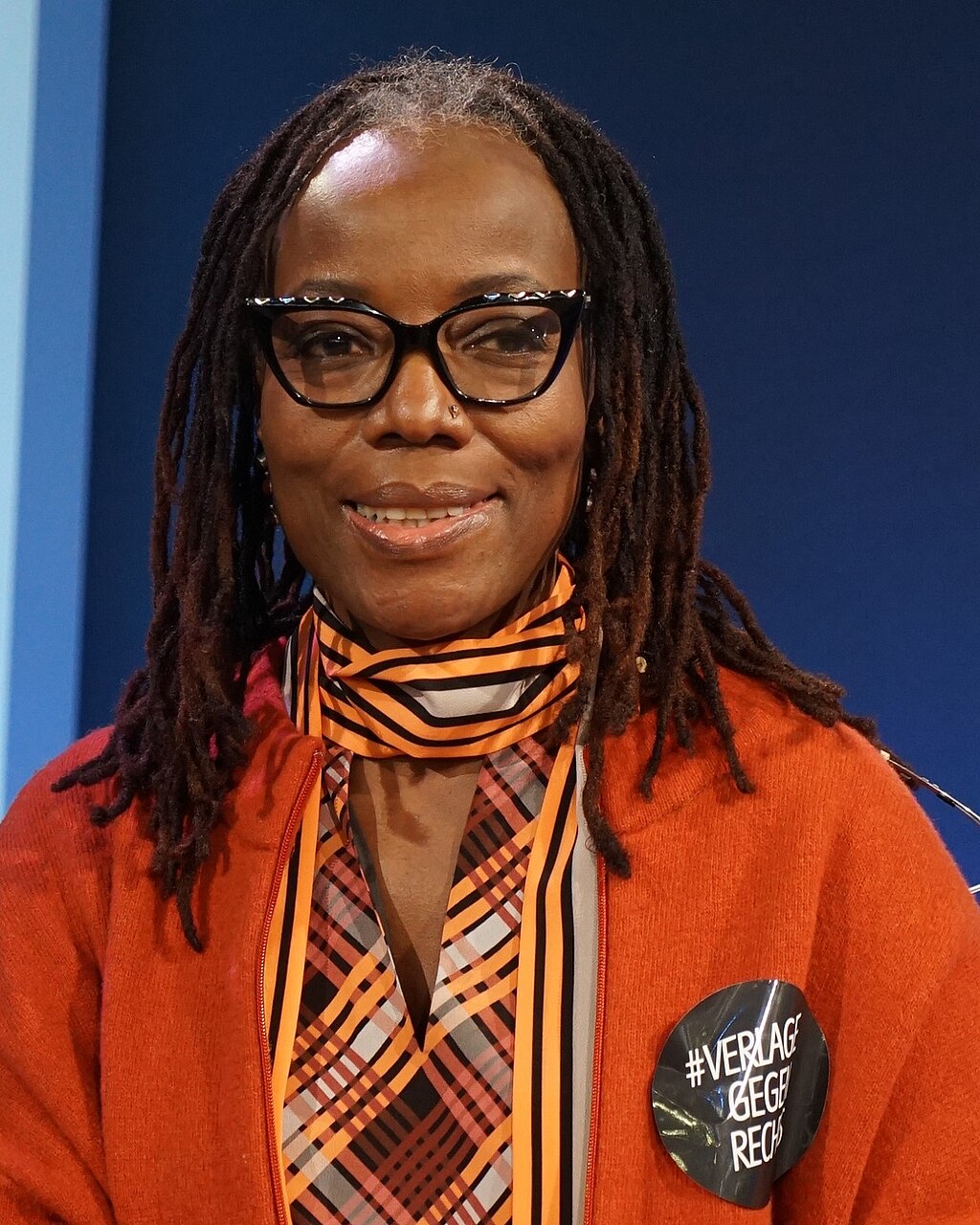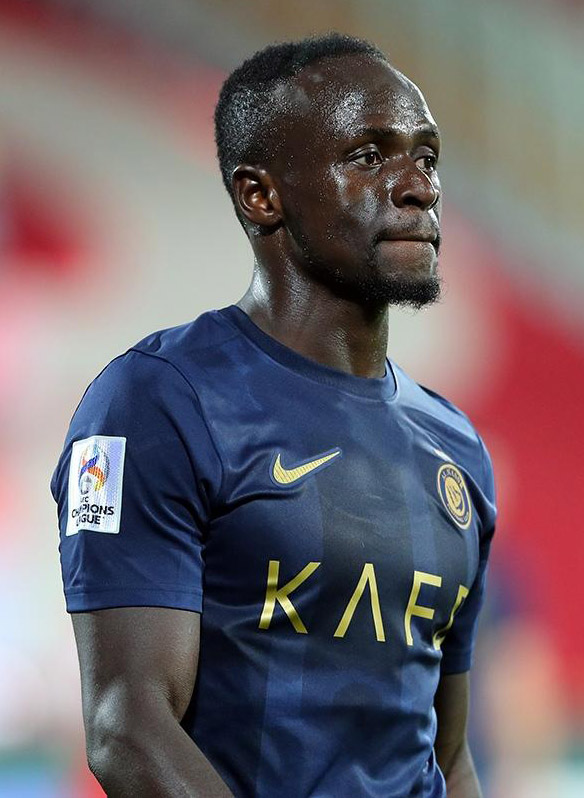Elite Africa Roundup - 14 June 2025
A mugumo tree has fallen. Ngũgĩ wa Thiong'o, Kenyan literary scholar, social activist, playwright and novelist, passed away on May 26th. Ngũgĩ’s stories not only captivated global audiences with their masterful storytelling but also awakened social consciousness. He championed social justice and called for the decolonization of African minds, urging the embrace of indigenous languages. Some of his early novels, such as The River Between, A Grain of Wheat, and Weep Not, Child, were featured in the Heinemann African Writers Series.
Across Namibia, Tanzania, Liberia, Ethiopia, Malawi, and Rwanda, African women are increasingly taking up influential positions in politics as presidents, ministers, and Members of Parliament. In Namibia, for example, President Netumbo Nandi-Ndaitwah now oversees a government where women are the majority. In Rwanda, 60 percent of parliamentary seats are occupied by women, and more countries are embracing gender quotas to enhance women's representation. The jury is still out on whether women's representation has had a substantive policy impact in these countries, but early signs are promising.
- Ahead of the G7 Summit in Kananaskis, Alberta, President Ramaphosa is gearing up to rally support for South Africa's G20 Agenda, with the country set to assume the presidency later in November.
- The Africa Report highlights 10 African Scholars to watch in 2025 whose expertise in research and teaching will advance knowledge on Artificial Intelligence, clinical psychology, African governance, and human rights among others.
- Grieve Chelwa, a political economy scholar from Zambia, recently led high-level consultations on global debt and the disproportionate impact on developing countries. The gathering was organized by UK-based faith organizations, exploring the role of religious moral authority in global debt management.
- Mo Ibrahim, a Sudanese-British businessman and founder of the Mo Ibrahim Foundation, has criticized African leaders for their loud silence on the crisis in Sudan. The crisis has not only been sidelined within Africa but has also been largely absent from global political discourse, as highlighted in a recent interview on TVO Today.







